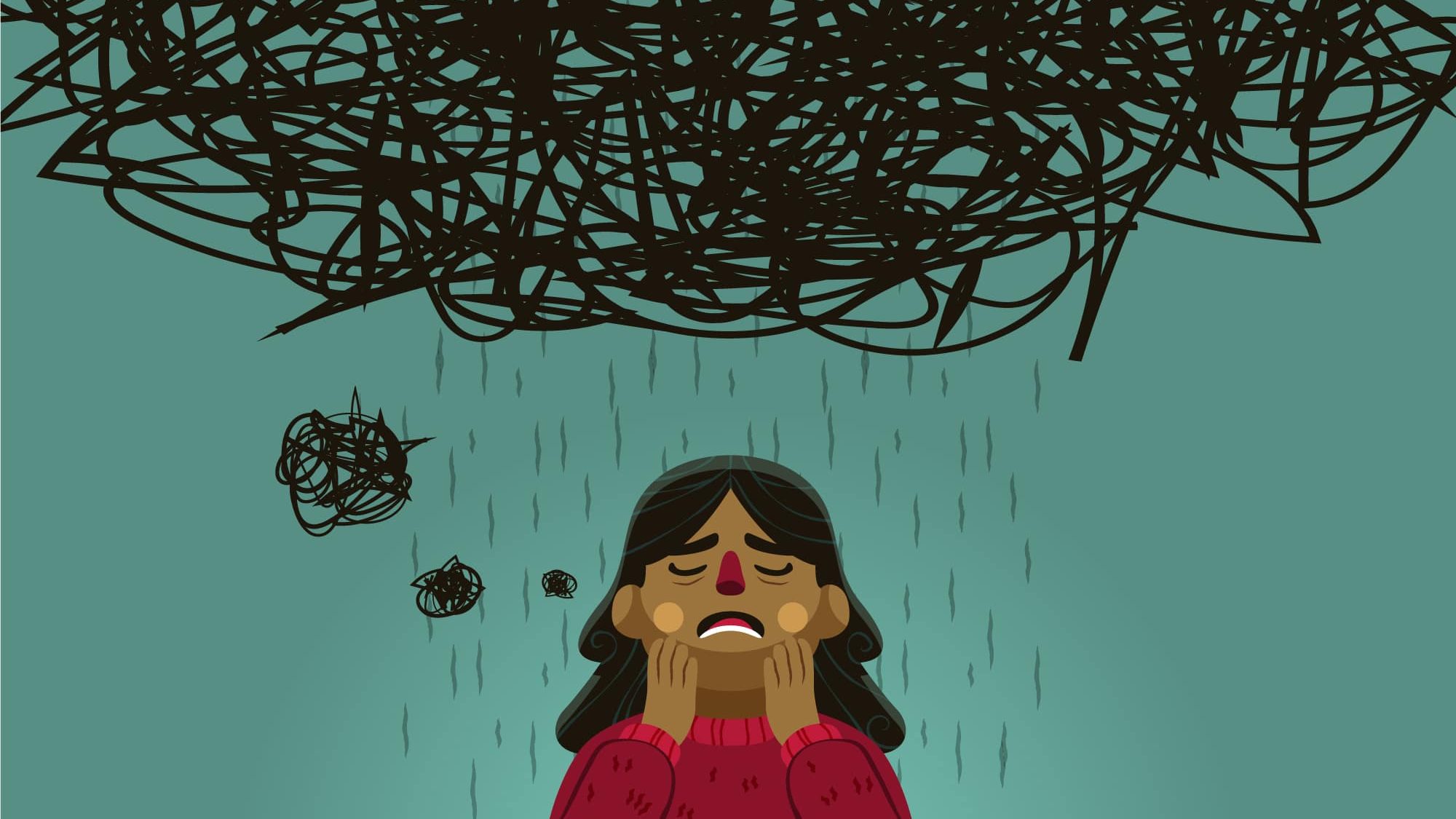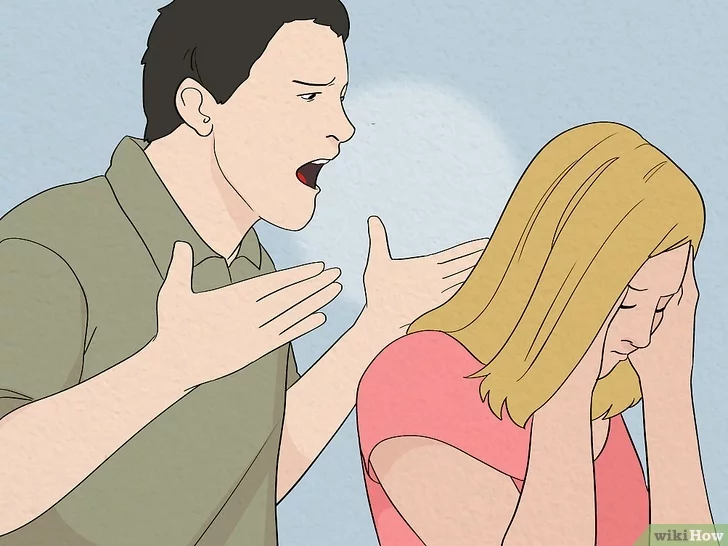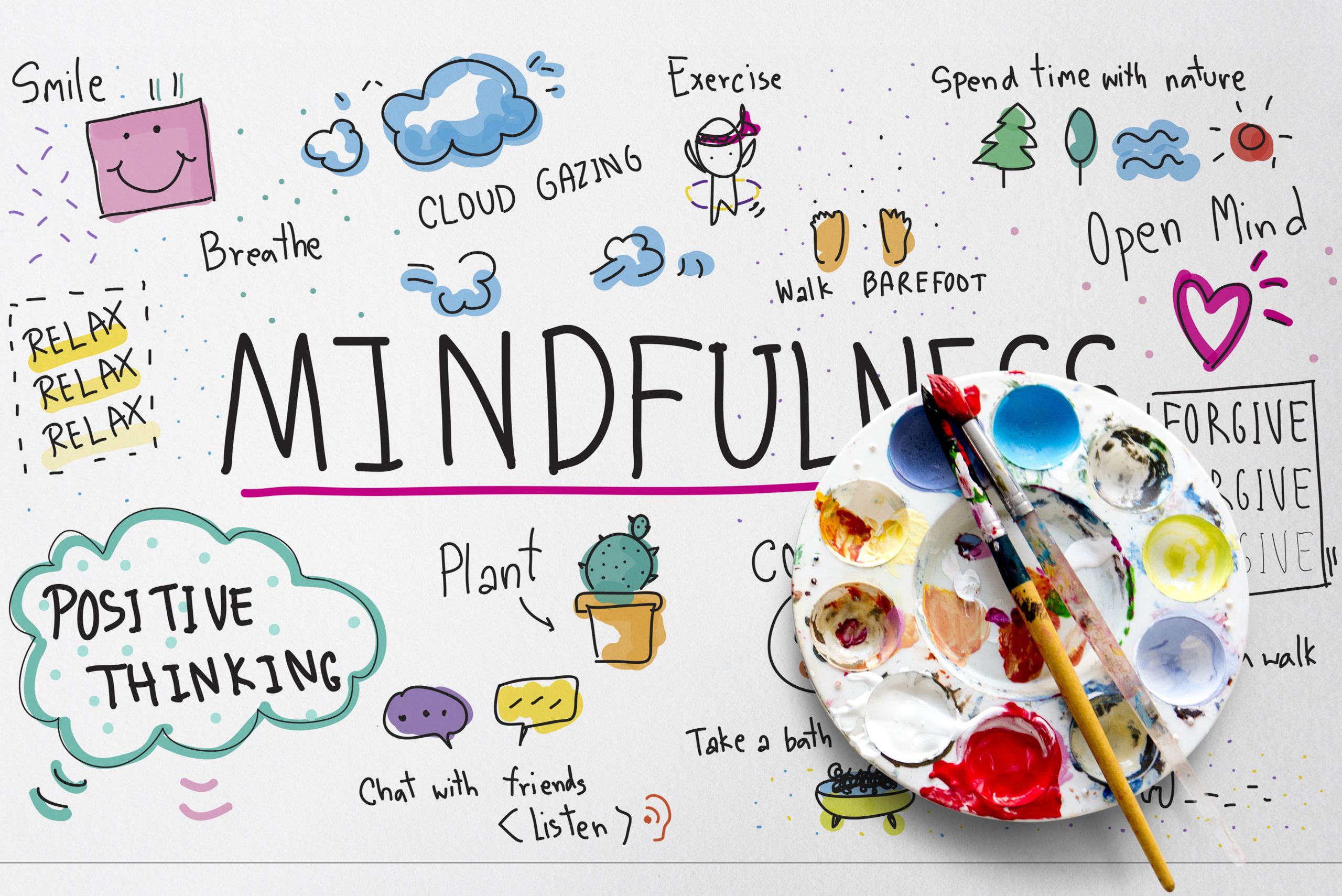
Depression is a complex and intense emotional condition that affects millions of people around the world. It’s more than just feeling sad; It is a widespread condition that can affect every aspect of a person’s life. In this article, we’ll delve deeper into depression, exploring its causes, symptoms, treatment options, and ways to support individuals who are struggling. Let us begin the journey of understanding and compassion.
What is Depression and Why Does it Happen?
Depression is a mental health disorder characterized by persistent feelings of sadness, hopelessness, and loss of interest in activities. This goes beyond the normal fluctuations of emotions and may be caused by a combination of genetic, biological, environmental, and psychological factors. Stressful life events, chemical imbalances in the brain, and a family history of depression can all contribute to its onset.

Unraveling the Layers of Symptoms
Depression manifests in a variety of ways and its symptoms can range from mild to severe. Common signs include:
Persistent sadness: A deep and lasting feeling of sadness.
Fatigue: Extreme lack of energy even after rest.
Changes in appetite: either significant weight loss or gain.
Sleep disturbances: insomnia or excessive sleep.
Lack of concentration: Difficulty focusing on tasks.
Loss of interest: There is a loss of interest in activities that were previously enjoyable.
Feelings of worthlessness: A pervasive feeling of low self-esteem.
Suicidal thoughts: In extreme cases thoughts of death may occur.
Extending a Helping Hand: Treatment and Support
Depression is treatable and seeking help is an important step. Treatment options include therapy, medication, or a combination of the two. Cognitive behavioral therapy (CBT) helps individuals reframe negative thought patterns, while medications such as antidepressants can help regulate brain chemistry. The support of friends and family is invaluable; Being present, listening, and encouraging can make a significant difference.
Nurturing Emotional Well-being
Preventing depression involves promoting emotional well-being. Engage in regular exercise, which releases endorphins, the body’s natural mood lifter. Healthy eating habits can also affect mood, as certain nutrients aid in brain function. Practicing mindfulness and meditation promotes relaxation and reduces stress. Remember, self-care isn’t selfish; It is necessary.
Breaking the Stigma: Spreading Awareness
Stigma often surrounds mental health issues, preventing individuals from seeking help. It is important to promote open dialogue about depression and educate society about its realities. By dispelling misconceptions and providing empathy, we create a supportive environment where those affected feel understood and valued.
A Journey of Hope and Healing
Freedom from depression is possible. It is a journey that requires patience, persistence and the right support system. As individuals work toward healing, they learn coping strategies, develop resilience, and discover their inner strength. With the right tools, depression can be managed, and life can be filled with joy and purpose once again.
Conclusion
Depression is a multifaceted challenge that demands understanding, compassion, and action. By acknowledging its complexities and extending our support, we can contribute to breaking down barriers and fostering an environment of healing. Remember, you are never alone on this journey.
Is depression a sign of weakness?
No, depression is not a sign of weakness. It is a legitimate medical condition that can affect anyone.
Can I overcome depression without professional help?
Although some people can manage mild symptoms on their own, it is highly recommended to seek professional help for effective treatment.
Are antidepressant medications the only treatment option?
No, there are various treatment options, which include therapy, lifestyle changes, and alternative therapies.
How can I help a loved one with depression?
Be there to listen without judgment, encourage them to seek professional help, and offer your understanding.
Can depression be completely cured?
While there may not be a definitive “cure,” many individuals can effectively manage their symptoms and live full lives.










